The European recovery plan, which is added to the European Union budget, is as gold to Romania's economy, says Chairman of the Tax Council Daniel Daianu.
"In 2021, 2022, 2023, it is mandatory to use as many European resources as possible to support aggregate domestic supply and demand through large-scale development programmes. That is what we have called the 'macroeconomic issue', given the period in which we have to make the macroeconomic correction. It should be mentioned that the European Recovery Plan says that about 70% of the resources will be used in 2021-2022," Daianu said in a presentation at the annual conference of Deloitte Romania and posted on the website of the Tax Council.
The chief tax officer mentioned that the EU budget and the Recovery Plan would mean to Romania investment resources of over 4% annually, in addition to agricultural subsidies. With its own national budget, Romania could exceed 6-7% of the GDP of public investments, to which private investments would be added.
"In 4-5 years we can greatly reduce the gap in basic infrastructure, including motorways and railways, the public health system, digitalisation; the irrigation system and physical planning can be restored - large projects in these areas are eligible for The European Recovery Plan and the Multiannual Financial Framework (MFF). Agribusiness can be strongly developed, which would matter enormously given the impact of climate change. The European Recovery Plan, which adds to the EU budget, is gold to our economy."
According to Daianu, Romania has a great challenge to overcome in 2020 of funding its deficits and refinancing its public debt.
Romania, he said, had a relatively low public debt, about 35% of GDP in 2019, and a total external debt (public and private) of almost 48% of GDP in the same year (2/3 being of the private sector).
In his opinion, if the pandemic gets under control, we will have a probable increase of about 5% on average in Europe in 2021, with structural changes that are inevitable and visible in the coming years and that will bring new challenges to national governments.
"Despite the rebound in Q3 and Q4, the economic decline in 2020 in the euro area will be about 8% of GDP on average, with large differences between north and south. In Romania, the decline will be between 4 and 5%, with a government deficit of around 9% of GDP. In 2021 there will be an increase in GDP, but reaching the pre-pandemic level will probably not be before 2022."

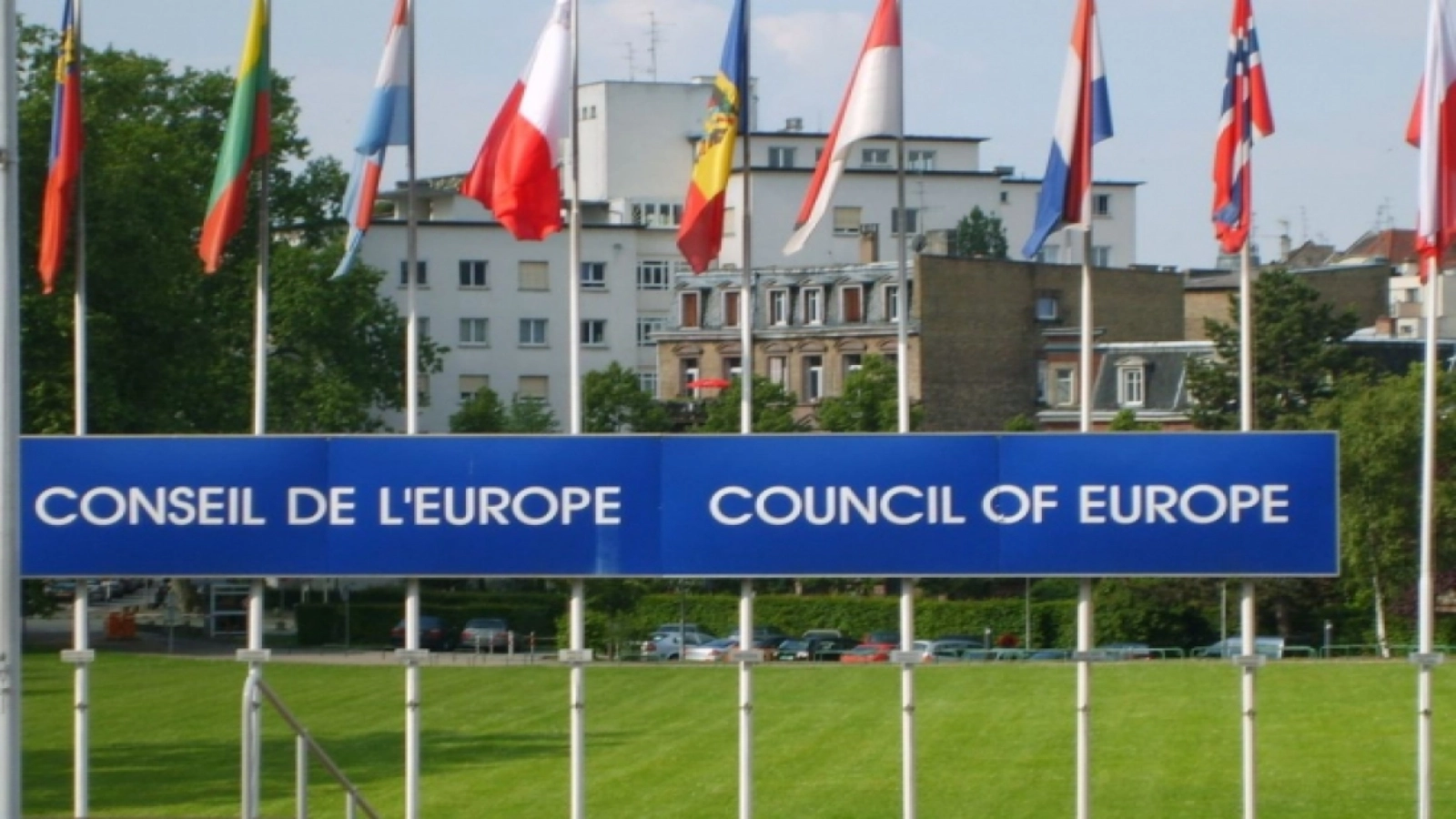








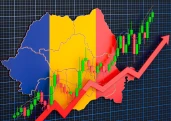
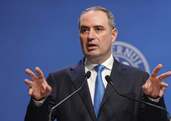









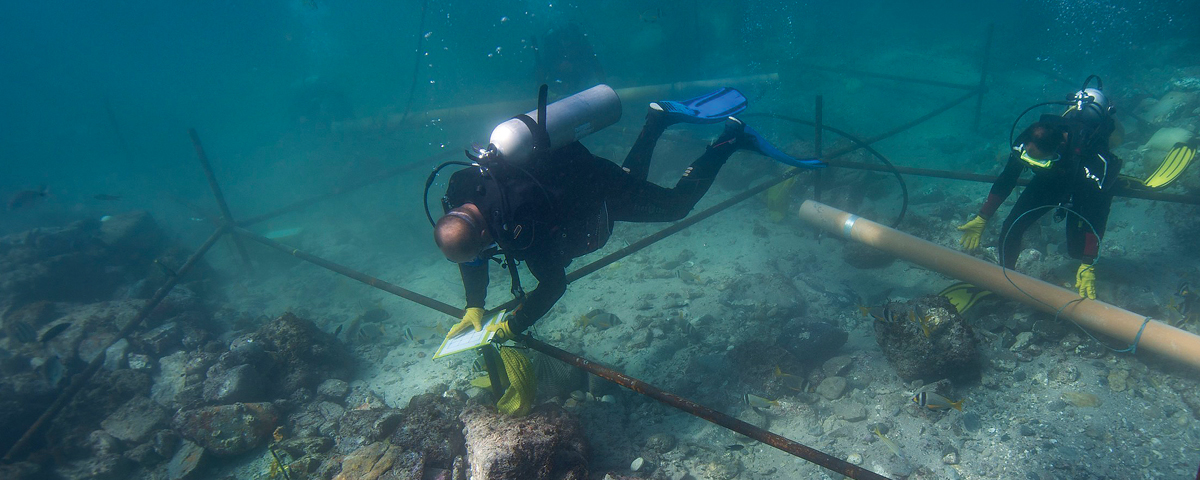



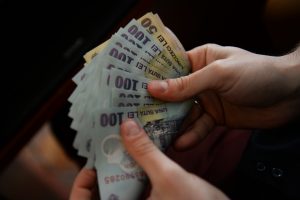






Comentează